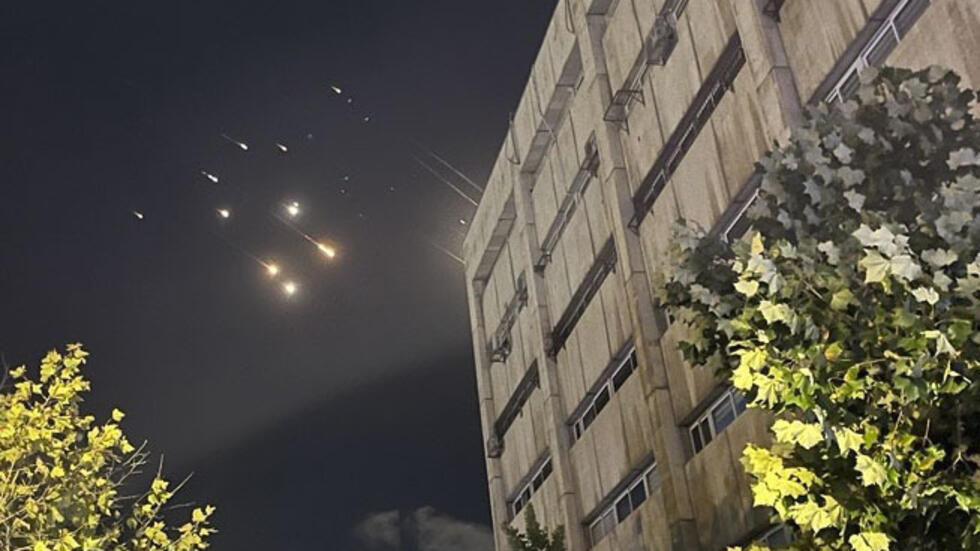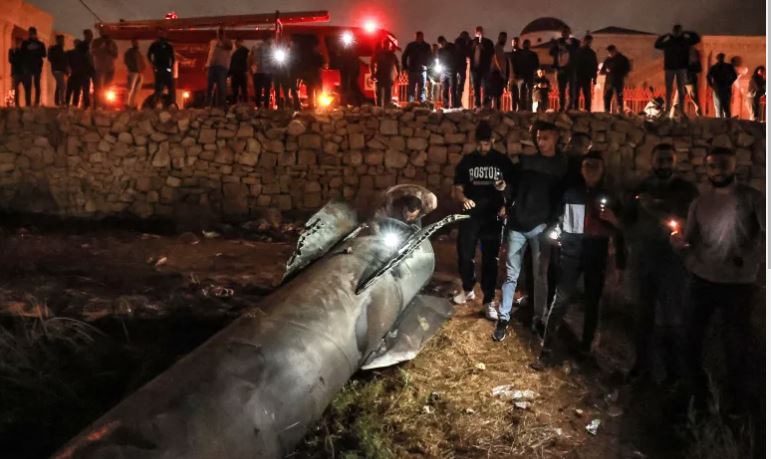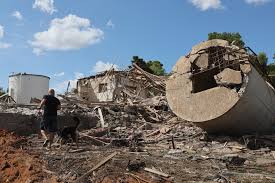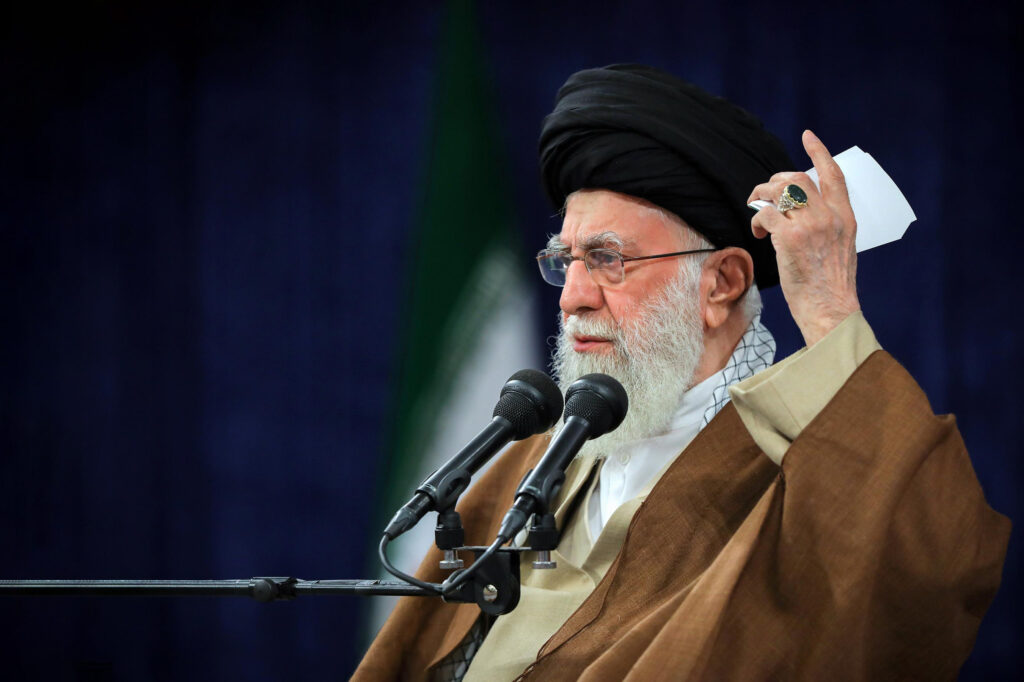Iran launched a coordinated missile attack
on Israel, marking a significant escalation
in hostilities between the two nations
News Desk

Tehran, Tel Aviv: On Tuesday night, October 1, 2024, Iran launched a coordinated missile attack on Israel, marking a significant escalation in hostilities between the two nations. The assault involved a barrage of ballistic missiles and drones aimed at various strategic and civilian targets across the country.

Targets of the Attack
- Military Installations:
- IDF Bases: Iranian missiles targeted several Israel Defense Forces (IDF) bases, including the important northern military headquarters in Galilee and air defense facilities. The aim was to disrupt military operations and logistics.
- Missile Defense Systems: Key missile defense installations, such as the Iron Dome systems, were also primary targets to diminish Israel’s ability to respond effectively to incoming threats.
- Civilian Infrastructure:
- Urban Areas: The missiles struck populated urban areas, including Tel Aviv and Haifa, leading to widespread panic. Reports indicated that residential buildings, schools, and public transport hubs were hit, causing significant damage and casualties.
- Power Grids: Strategic energy infrastructure, including power stations, was targeted to cripple electricity supply and create chaos among the civilian population.
- Airports and Transportation Hubs:
- Ben Gurion Airport: The attack included attempts to disrupt operations at Ben Gurion Airport, one of the busiest airports in the region. Although the runway sustained minor damage, operations were largely unaffected due to rapid emergency protocols.

Immediate Impacts
- Casualties:
- Initial reports indicated that the missile strikes resulted no casualties, including both military personnel and civilians. Emergency services worked tirelessly to rescue individuals trapped under debris and provide medical assistance to the injured.
- Infrastructure Damage:
- The missiles caused extensive damage to multiple buildings, with many structures rendered uninhabitable. The financial toll of the attack is expected to reach millions, considering the repair costs and economic disruptions.
- Psychological Impact:
- The attack instilled fear and anxiety among Israeli citizens, prompting many to seek shelter and bolstering the use of bomb shelters throughout the country. The emotional toll of the event has led to increased demand for mental health services in affected areas.
- IDF Response:
- Following the attack, the IDF launched immediate retaliatory strikes against Iranian military positions in Syria and Lebanon. These strikes aimed to neutralize threats and prevent further attacks. The IDF reported successful hits on several missile launch sites and command centers associated with the Iranian military.
Khamenei’s Reaction
In the aftermath of the attack, Iranian Supreme Leader Ayatollah Ali Khamenei issued a statement lauding the missile strikes as a “historic response” to what he described as Israeli aggression. Khamenei emphasized that the attack was a demonstration of Iran’s military capabilities and a warning to Israel against further incursions.
He stated, “This is just the beginning. The Zionist regime must understand that any aggression will be met with decisive action.” Khamenei called for continued support for Palestinian factions, framing the missile strikes as part of Iran’s broader strategy to counter Israeli influence in the region. He urged the Iranian people to remain vigilant and united in the face of external threats, reinforcing the narrative of resistance against Israel.

Statement by the Iranian Ministry of Foreign Affairs
The Iranian Ministry of Foreign Affairs released a statement emphasizing the legitimacy of the attack under international law. The statement asserted:
“In accordance with the inherent right to self-defense, as enshrined in Article 51 of the United Nations Charter, and in response to the Zionist regime’s aggressive actions—including the violation of the sovereignty and territorial integrity of the Islamic Republic of Iran… the Armed Forces of the Islamic Republic of Iran carried out a series of missile strikes on the night of Tuesday, 1 October 2024, targeting the military and security installations of the Zionist regime.”
International Reactions
The missile attack prompted swift reactions from around the world:
- United States: The U.S. government condemned the attack, reiterating its support for Israel’s right to defend itself. Secretary of State [insert name] emphasized the need for restraint and urged Iran to de-escalate tensions.
- European Union: EU leaders called for an emergency meeting to address the situation, highlighting concerns about the humanitarian impact of the violence and the potential for broader regional conflict.
- Iran’s Justification: In the aftermath, Iranian officials defended the missile strikes as a necessary response to Israeli provocations and ongoing military actions in Gaza and the West Bank.
Long-Term Implications
The Iranian missile attack on Israel represents a pivotal moment in Middle Eastern geopolitics, highlighting the risks of further escalation. Analysts warn that if tensions continue to rise, the region could see a significant increase in violence, impacting neighboring countries and global security dynamics.
Conclusion
The missile attack on Tuesday night has left a profound mark on both Iran-Israel relations and the broader Middle Eastern landscape. The immediate effects, including casualties and infrastructure damage, underscore the urgent need for diplomatic efforts to prevent further violence and establish a framework for lasting peace. As the situation unfolds, international stakeholders must remain vigilant and engaged in seeking solutions to this escalating crisis.






















